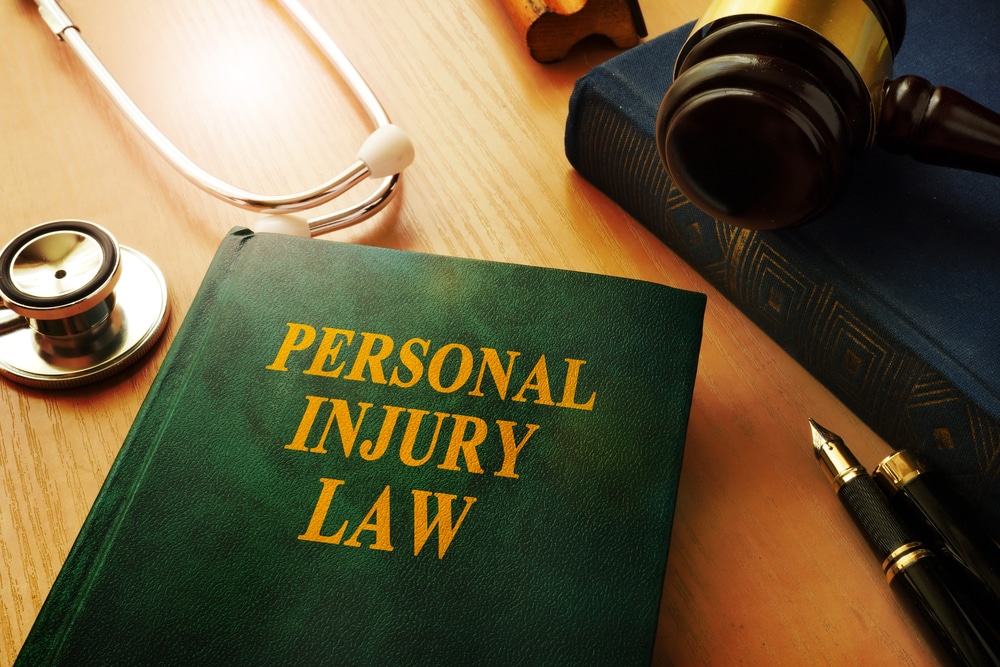Delaying Stroke Diagnosis—The Impacts
A stroke can strike anyone at any time. Although certain age groups are more prone to this, such as those over the age of 55, even young individuals can suffer a stroke, and it can occur in children, newborns, and even prenatally. This is well documented by the American Stroke Association.
The usual signs of a stroke can be mild at first, with perhaps only slurred speech or dizziness. Other signs are more severe, including severe headaches of sudden onset and even seizures.
The causes, of course, are varied and can be congenital in nature, such as inherited heart disease or the tendency to form blood clots. Blood clots can travel to the brain and cause a stroke with very little warning. Each case can be dramatically different and make diagnosis difficult.

Why is Stroke Diagnosis Delayed?
The earlier a diagnosis is made, the better the outcome for patients. However, the medical profession and family members of stroke victims may miss the early warning signs as it mimics other diseases such as migraines and seizure disorders.
If no underlying factors for developing this malady exist, then chances are good it will not come to mind immediately. Unfortunately, this can happen in many Emergency Rooms across the United States, where sudden headaches, especially in the young, are often quickly dismissed as migraines, especially in those already suffering from migraine.
The facts show that migraine and stroke are closely related, with migraine sufferers more at risk of developing stroke, especially when younger. This has been documented by the American Migraine Foundation but, unfortunately, is not considered when visiting the ER (Emergency Room) many times.
Migraines are, most frequently, “build-up headaches,” which worsen as time ticks by. Headaches that are sudden and abrupt can and usually do signal a stroke or brain aneurysm.
What are the Ramifications of Stroke Misdiagnosis?
The long-term effects of an undiagnosed stroke can range from loss of speech and vision to total and partial paralysis. However, even living through an undiagnosed stroke is difficult.
According to the CDC (Centers for Disease Control), the facts are not encouraging.
- Every forty minutes in the USA, someone has a stroke.
- Every 3. 5 minutes, someone dies from a stroke in the USA
- TIA (Transient Ischemic Attack) symptoms are overlooked, which leads to a full-blown stroke in a year or less
- Strokes can be Ischemic or Hemorrhagic and can be confusing for doctors in an ER or for the patients to describe. A patient’s history is the best indicator of whether a stroke is occurring or impending. Ischemic Strokes block blood flow, and Hemorrhagic Strokes cause bleeding in the brain.
- Every second counts as brain cells without oxygen are lost within minutes.
ER Doctors Must Consider TIAs as Emergencies
A full diagnosis of the patient’s health through testing must occur immediately, and tests run the same as a full-blown stroke. The chances of preventing a full-blown stroke improve immensely when treatment for a TIA is adequate and complete.
Unfortunately, this does not always happen, and misdiagnosis of a TIA usually leads to a full-blown stroke in a few months generally. The TIA is a predictor of an impending stroke, and this is a general “standard of care” of which all doctors should be aware. There is no real margin of error.
A delayed diagnosis in the case of stroke victims is a cause for a medical negligence claim and should be pursued if this happens. It is ultimately better to err on the side of caution in an Emergency Room, but unfortunately, this does not always happen.
Why Does Delayed Diagnosis of Stroke Occur?
Rush University Medical Research did a study on Underdiagnosis and Overdiagnosis, and the findings showed that both of the aforementioned clinical failures occur because of an overlap of symptomology. In other words, many other cerebral vascular diseases can mimic stroke symptoms.
Tests for TIA usually involve expensive medical tests, as well as some intrusive medical tests, and doctors do operate in a bureaucracy where the rules on testing can be the strictest.
This does not alleviate any doctor, however, from the Standard of Care when dealing with diagnoses of any type. If any indication is given of a TIA or actual stroke, then further examination is warranted.
Summary—Impacts of Delaying Stroke Diagnosis
As shown throughout the above writings, stroke is deadly and has lifelong consequences if a person lives. A delayed diagnosis often occurs because of bureaucratic rules in a hospital and physician error in an ER.
There is a definite need to have a good attorney in mind if or when a stroke or a TIA is misdiagnosed. Christian J. Hoey, Esquire, and the team at Hoey Legal work out of Paoli, PA and are devoted to righting any wrongs that occur with misdiagnosis, especially during a stroke or TIA episode.
Knowing beforehand whom to call in Chester County will assist with the torment caused by a stroke or undiagnosed TIA that led to the episode. If an untimely death occurs, as a result, Christian J. Hoey, Esquire, with decades of experience in this field, will indeed be needed immediately.
For more information on all our legal services, visit us at HoeyLegal.com or call us at (610) 647-5151.
